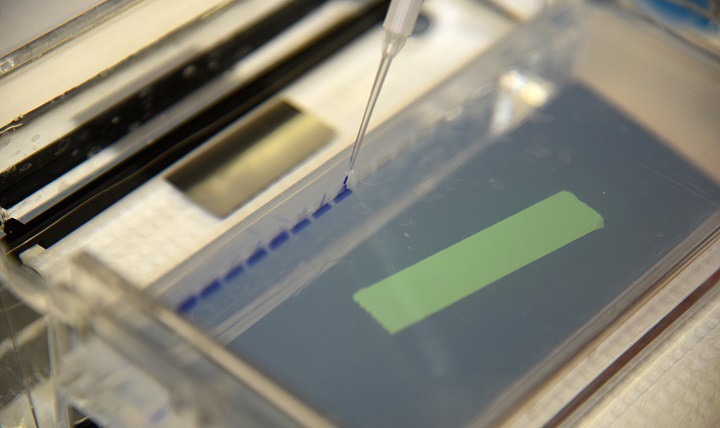Symbolic “Justice”: California’s New Rape Kit Laws Fail to Address Existing Problems with Investigating Rape
Dispatches is our series from organizers, attorneys, officials, and others working at the frontlines of local criminal justice reform.

On October 12, 2017, California Governor Jerry Brown signed several rape kit related bills including Assembly Bill 41, known as the DNA evidence bill, and Assembly Bill 1312, known as the Sexual Assault Victims’ Bill of Rights. “For rape survivors like myself, these civil rights in California mean the difference between justice or lost justice,” Amanda Nguyen, founder of RISE, a Washington-DC based non-profit organization that advocates for sexual assault and rape survivors, told East County Magazine. “California survivors must have equal rights under the law.”
But despite the media and political fanfare, such legislation does not meaningfully tackle the problematic policies that caused tens of thousands of rape kits to languish in police custody statewide. It also fails to address police departments like Oakland’s that deem an inordinately high number of rape allegations “unfounded” — a classification whereby detectives declare the allegation false or baseless, often with little or no investigation.
AB 41, sponsored by San Francisco Assemblymember David Chiu, requires that beginning in 2018 every rape kit be logged and tracked in the California Department of Justice’s Sexual Assault Forensic Evidence Tracking (SAFE-T) database within 120 days of the kit’s collection. Failure to comply could result in a misdemeanor, though it’s unclear who would be charged. And while Assemblymember Chiu tweeted that AB 41 is “tracking the backlog of rape kits to give survivors the justice they deserve,” the law does not require police departments to account for past neglected evidence in their custody.
AB 1312, co-sponsored by San Diego Assemblymember Lorena Gonzalez and Palo Alto Assemblymember Marc Berman, amends California’s existing Crime Victims’ Bill of Rights and Sexual Assault DNA Bill of Rights. The bill requires stronger enforcement of select crime victims’ rights and establishes some new rights, such as the ability to take a free shower at medical facilities after a forensic exam. It also requires that police departments preserve rape kits from unsolved cases for at least twenty years, and notify victims before destroying evidence.
“Survivors deserve to know their rights and deserve access to resources,” tweeted San Diego Sheriff Dave Myers on September 30. “Tell @JerryBrownGov to sign #AB1312.”
AB 1312 was lauded by law enforcement and the media alike; EliteDaily.com even hailed it as a “…Landmark Step in the State” for sexual assault victims that will give “…much-needed protections to survivors of sexual assault.” Unmentioned in the exultant media coverage however, is the fact that victims cannot take any civil or criminal action (most laws disqualify citizens from having a cause of action to sue) if the state fails to adhere to the law’s directives. Virtue-signaling about unenforceable rights aside, AB 1312 also sidesteps the root problem of law enforcement failing to thoroughly investigate rape complaints. A free shower after a forensic exam is a courteous gesture, but it does not address the fact that in 2016, California police departments let more than half of reported rapes go unsolved or unpunished.
California law enforcement agencies have reported rape at “unfounded” rates in recent years as high as 55% in Concord, 53% in Berkeley, and 46% in Oxnard, and a statewide clearance rate of 40.8% in 2016 (higher than the national average of 37%). AB 40 and AB 1312 do nothing to rectify these fundamental investigative problems. If legislators and victim advocates are truly invested in justice for rape victims, they should focus on enforcing the existing laws against rape.
